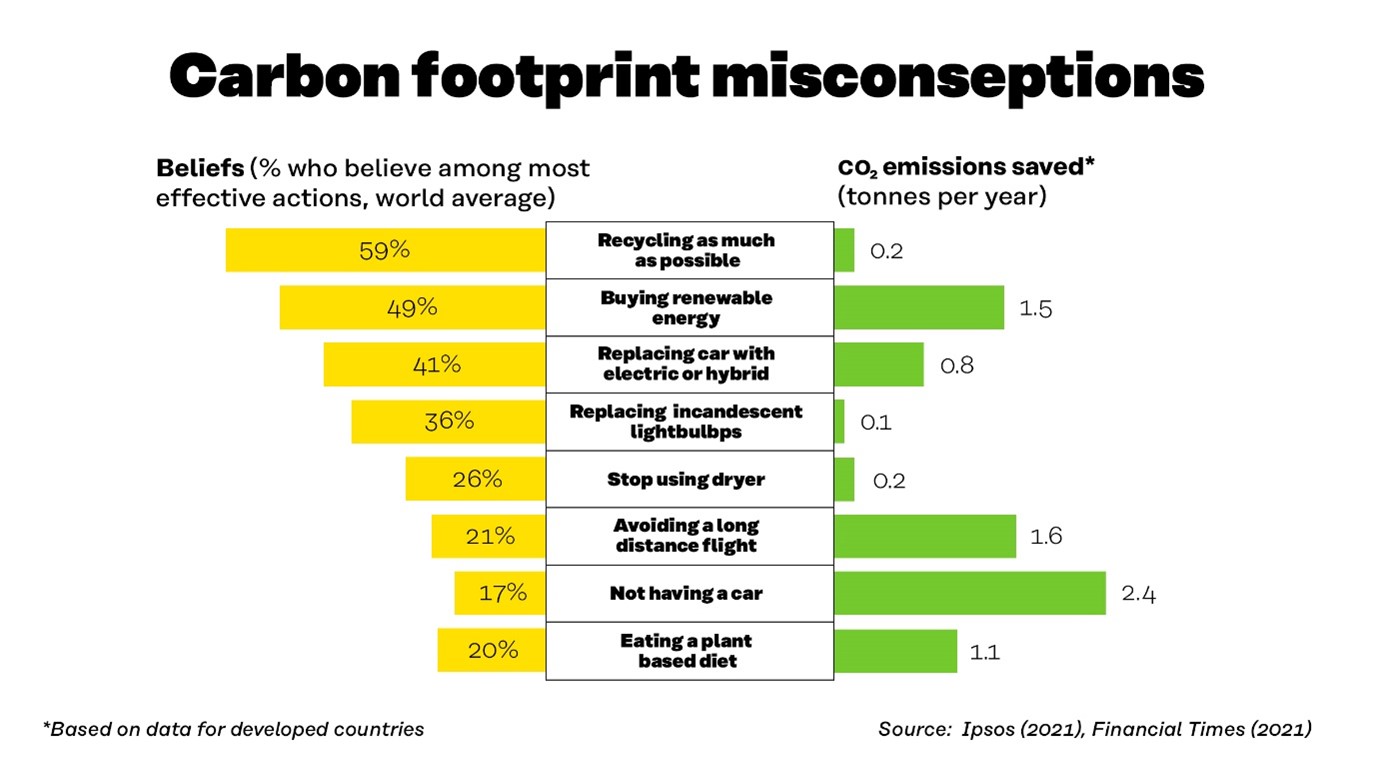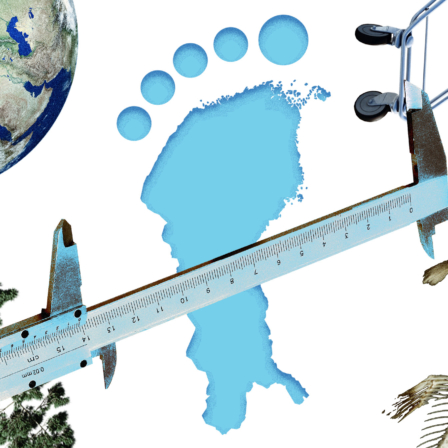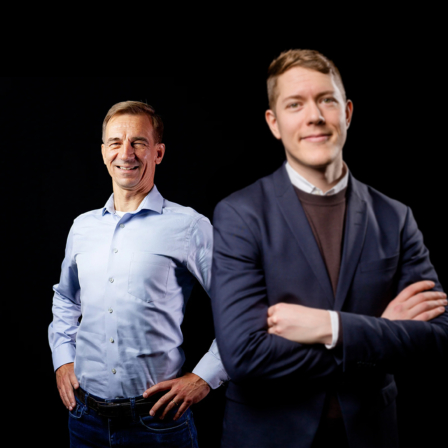Many of us think that we live ecologically and that we know what we should do to reduce our carbon footprint and stop climate change. This is unfortunately not the case. Based on the study by the Financial Times we have misconceptions of the most effective actions.

When it comes to reducing greenhouse gas emissions, we believe that recycling is the most effective action, when we could have a much larger impact by focusing on a plant-based diet. To address this misconception problem and many other behaviour change challenges, we have tested and collected the best methods to engage citizens towards sustainable lifestyle.
Shift 1.5 community builds on tried-and-tested methods
The Shift 1.5 community has been created to collect and share the best methods and tools for citizen engagement to promote sustainable lifestyles.
It all started in 2016, when Sitra’s Sustainable everyday life team started to research the 1.5-degree lifestyle and the motivation for people’s consumption habits, and to implement and create different experiments to test the distinct hypotheses.
The goal was to inspire and encourage people to start thinking about their behaviour and habits and to change them to become more sustainable. In four years, the results have been positive.
- The lifestyle test (a carbon footprint calculator based on a test of lifestyle patterns) has now been taken over a million times. This is probably one of the most used carbon calculators in the world.
- In 2016, 21 per cent of people had admitted to changing their behaviour to become more sustainable. In 2019 that percentage had grown to 41 per cent (surveys carried out in Finland in 2016 and 2019).
- Our list of 100 smart choices for people’s everyday lives have been very popular and many media outlets have published articles about individual actions.
After many reports and experiments, a collection of all the work has been published in the Shift 1.5 Method Book. The book is meant to assist any organisation, company or community to make everyday climate actions locally desirable to all people, to convert the huge CO2-reduction potential of individuals into action and to inspire people to become changemakers in their everyday life and in all their roles.
Learn, act, share and repeat
During the work a realisation hit us. We urgently need to make changes fast and to inspire people to help contribute to the change. For this reason, we need a single point of information and a knowledge base upon which people can learn about the potential to make an impact and how to do so.
This is why the Shift 1.5 community was created. In addition to sharing our tools and methods, the goal now is to collect and share all the best knowledge and tools about how people can contribute to changing behaviours to create more sustainable lifestyles. The Shift 1.5 Method Book is just a start in terms of collecting the methods and tools and sharing them with everyone. The Shift 1.5 community will create, test and share tools. This way the change will be faster and more desirable for all of us.
Join us!
Join us in our work! We are currently in the beta phase of our community building and tool sharing. While everything is still in development, we would be honoured if you committed to helping us on this journey. Let us know you’re interested.
Do you want to learn more about sustainable lifestyles and how to communicate them to different audiences? Tune in to the World Circular Economy Forum 2021 on September 13-15 to hear how circularity is part of the 1.5 degree lifestyles. For more information about the event and the full programme, please visit wcef2021.com

















Recommended
Have some more.